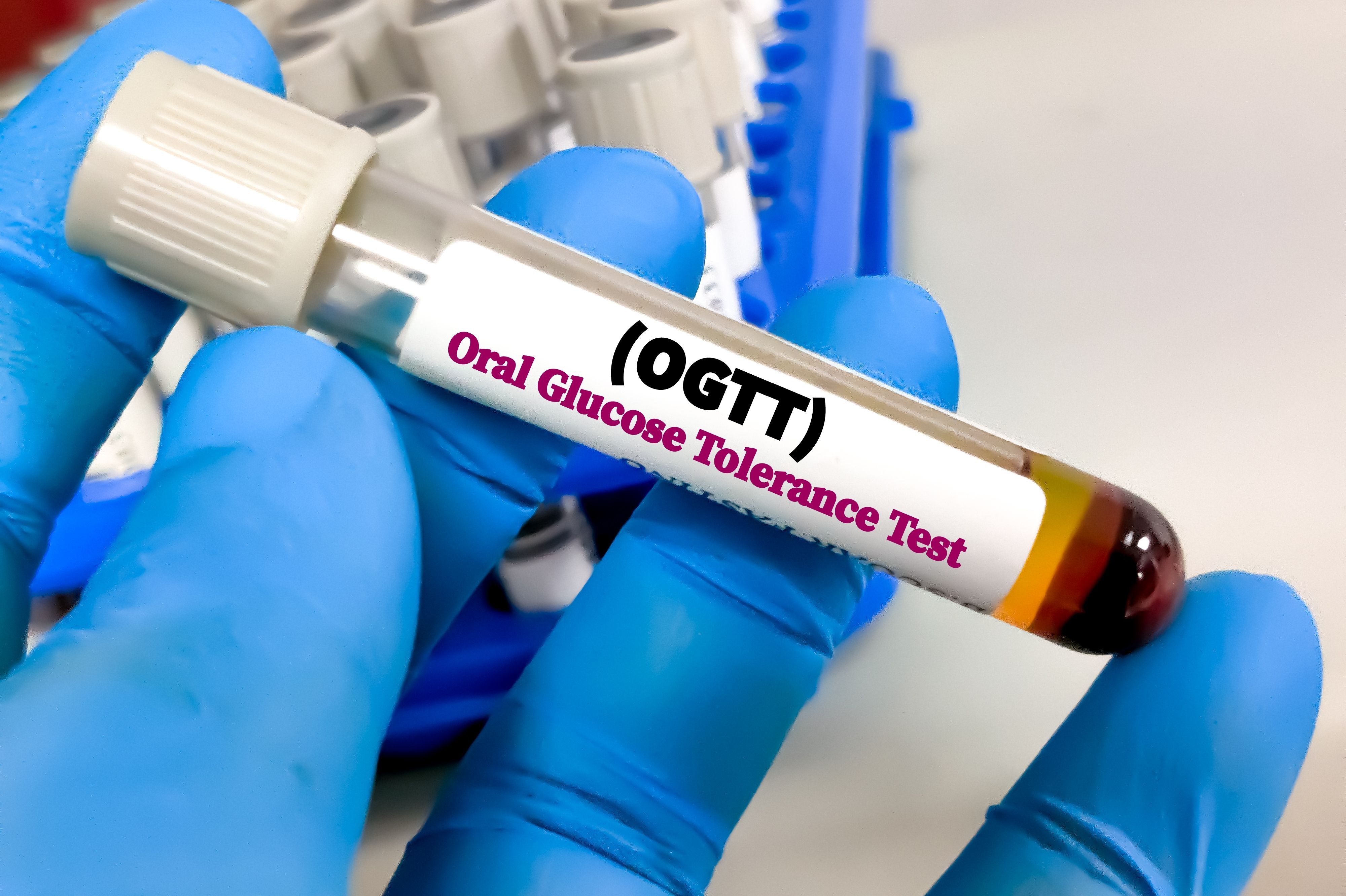
(Vienna, 03-09-2025) An international research team involving MedUni Vienna has shown that an oral glucose tolerance test (OGTT) in early pregnancy provides crucial information about the risk of gestational diabetes. The study, currently published in the journal Diabetologia, proves that blood sugar levels from an early OGTT can predict not only the later development of gestational diabetes, but also the need for insulin therapy – and thus a more severe course of the disease. This opens up the possibility of improved risk stratification right from the start of pregnancy.
As part of the prospective, multicentre cohort study, 657 pregnant women were examined at six centres in Austria, Germany and Switzerland. At early pregnancy, a blinded 75g OGTT was performed and several biomarkers were determined. Between the 24th and 28th week of pregnancy, a second OGTT was performed for diagnostic purposes. A total of 12.6% of the study participants developed gestational diabetes.
Early OGTT as a risk marker
The analysis showed that the dynamically collected blood glucose values from the early OGTT (fasting, 60 and 120 minutes) in particular have a good predictive accuracy. These values were particularly useful for reliably predicting more complicated courses requiring insulin therapy. Some additional biomarkers – such as insulin, triglycerides and adiponectin – were also associated with risk, but their prognostic significance was lower. "Our results show that early blood glucose tests are not only closely associated with impaired glucose metabolism, but also reflect the subsequent risk of disease," explains first author Evelyn Huhn (University Hospital Basel and University Medical Centre Hamburg-Eppendorf).
Relevance for clinical practice
Until now, screening for gestational diabetes has usually only been carried out in the late second trimester. "Our study provides a strong argument for specifically identifying high-risk patients in the first trimester. The next challenge will be to determine which women benefit most from screening in early pregnancy," says study author Christian Göbl (Department of Obstetrics and Gynecology, MedUni Vienna). This would allow preventive measures such as lifestyle interventions to be implemented earlier, reducing the risk of complications for both mother and child.
Publication: Diabetologia
The utility of early gestational OGTT and biomarkers for the development of gestational diabetes mellitus: an international prospective multicentre cohort study
Evelyn A. Huhn, Grammata Kotzaeridi, Thorsten Fischer, Monja Todesco Bernasconi, Anne S. Richter, Mirjam Kunze, Eva Dölzlmüller, Heidi Jaksch-Bogensperger, Laura Weidinger, Daniel Eppel, Nicole Ochsenbein-Koelble, Elke Bäz, Bettina Winzeler, Andrea Tura, Helena Stach, Günther Schäfer, Shane V. van Breda, Lenka Vokálová, Irene Hoesli & Christian S. Göbl.
DOI: 10.1007/s00125-025-06517-0
https://link.springer.com/article/10.1007/s00125-025-06517-0